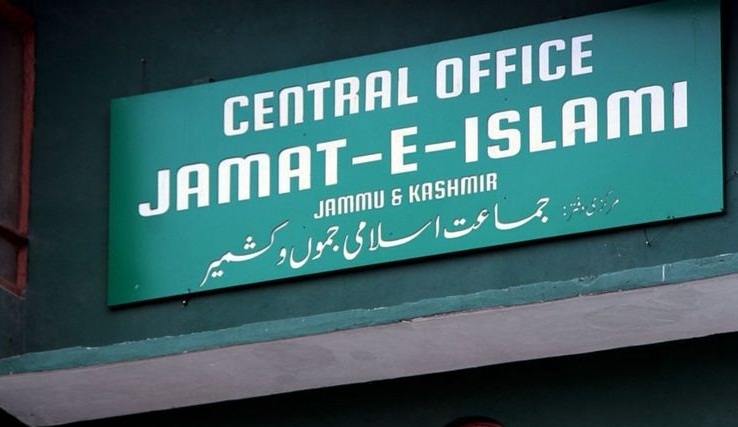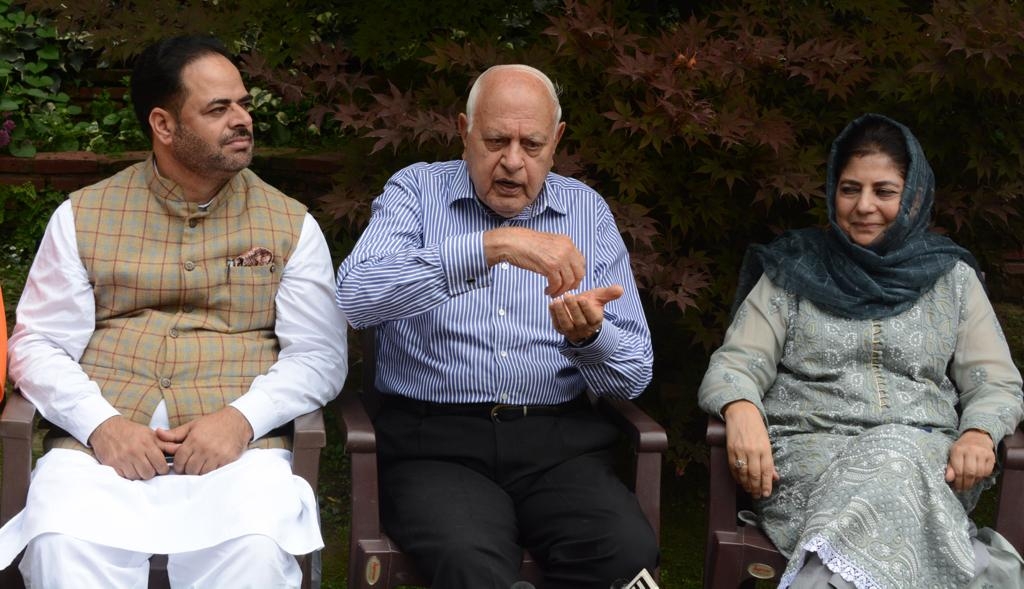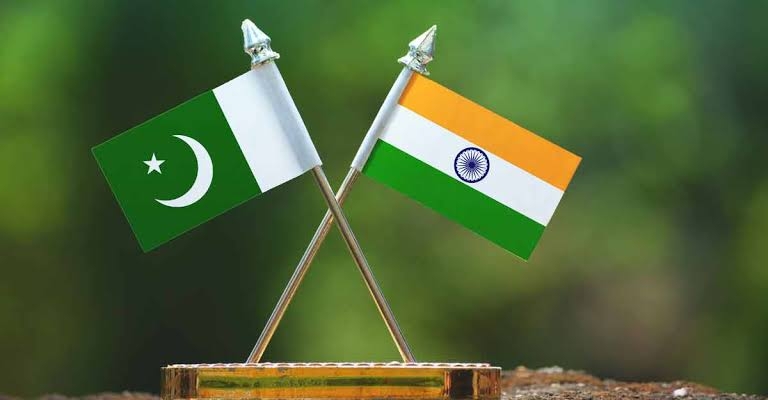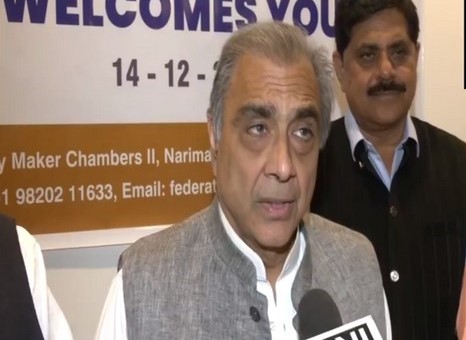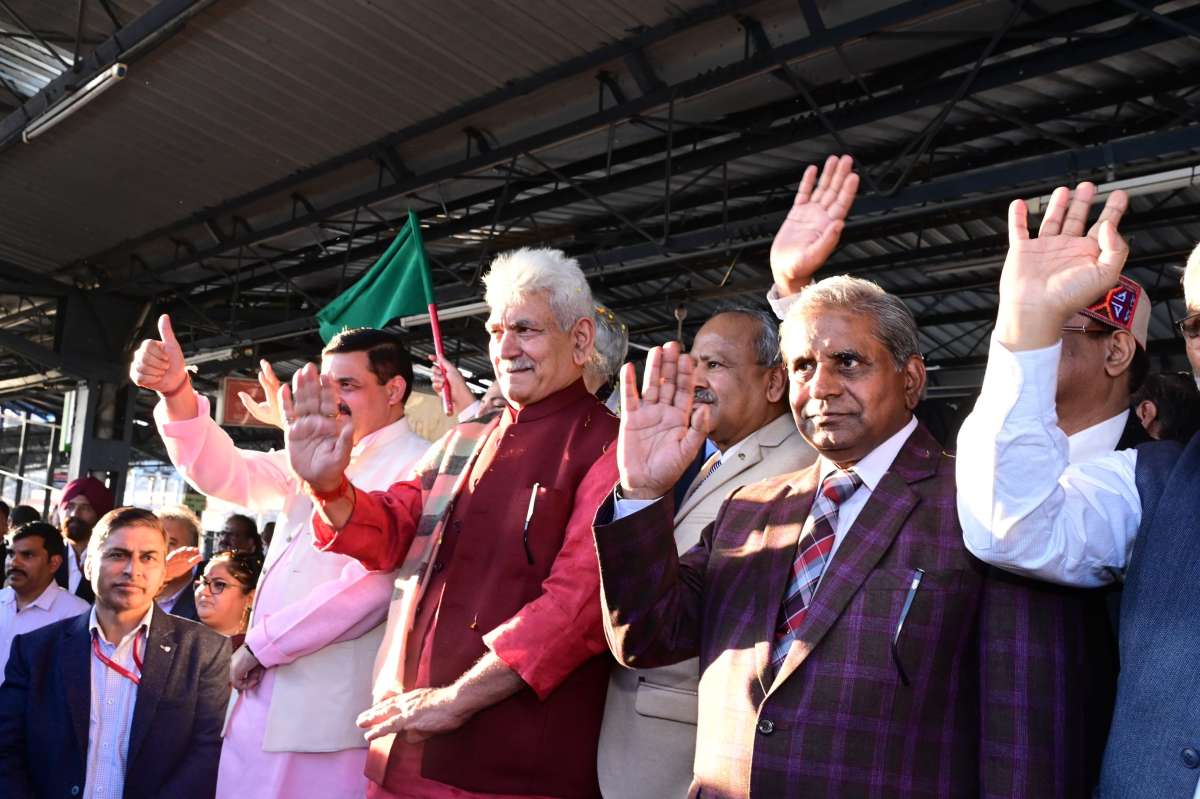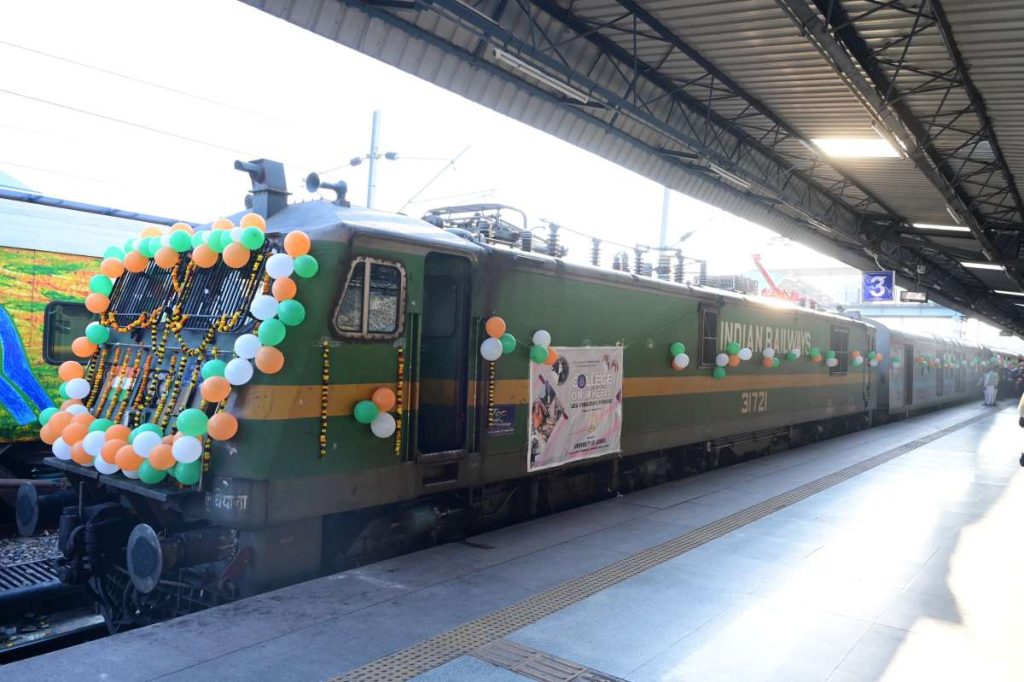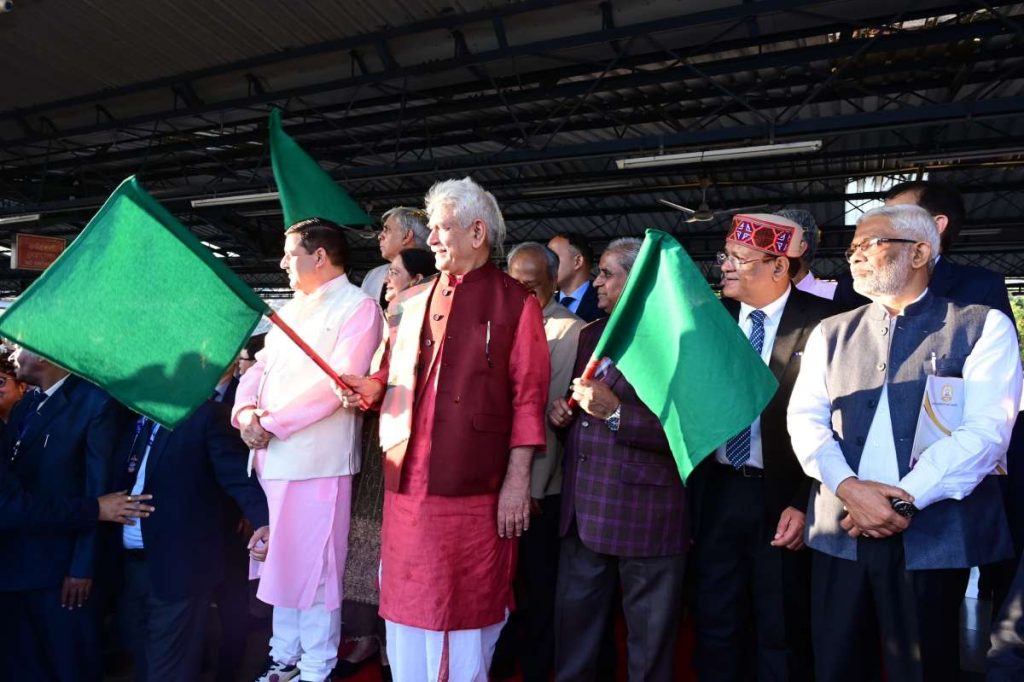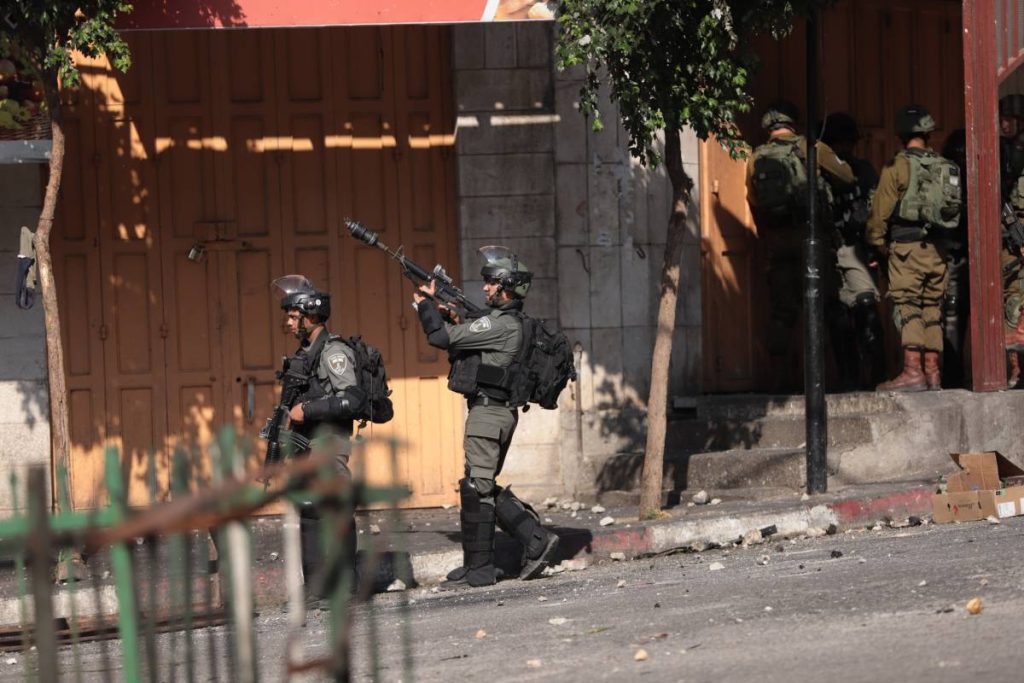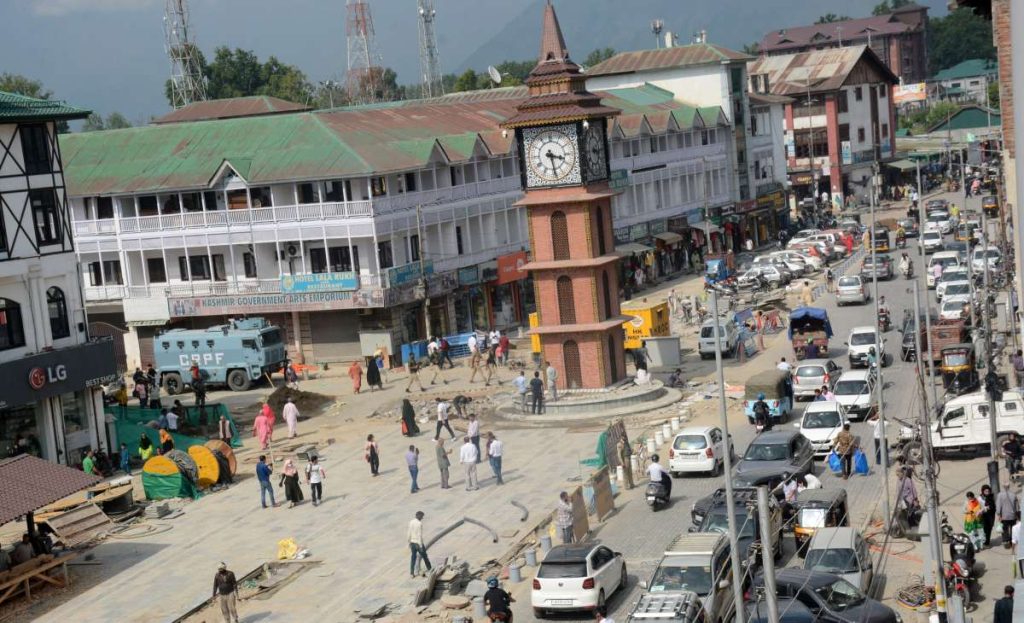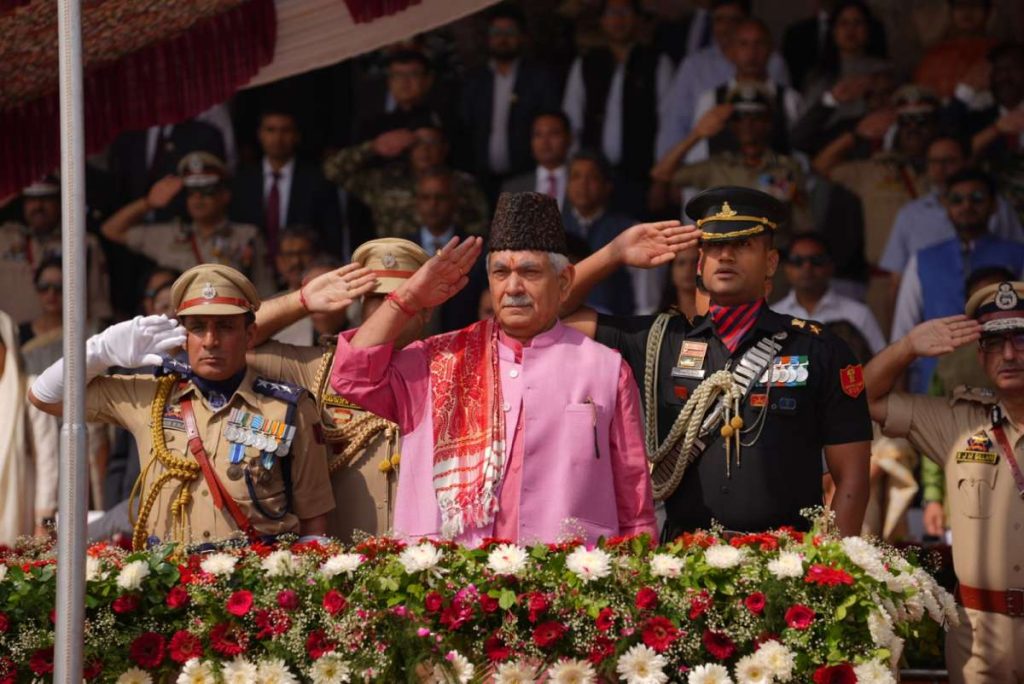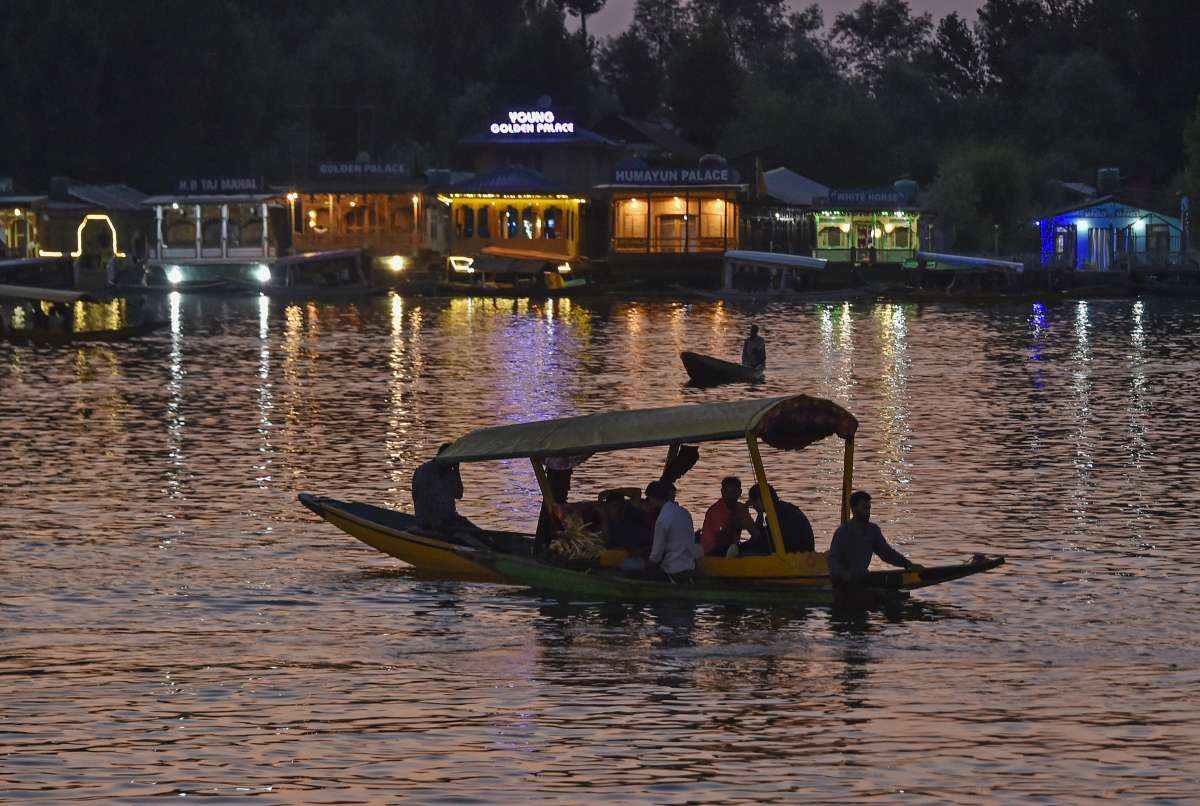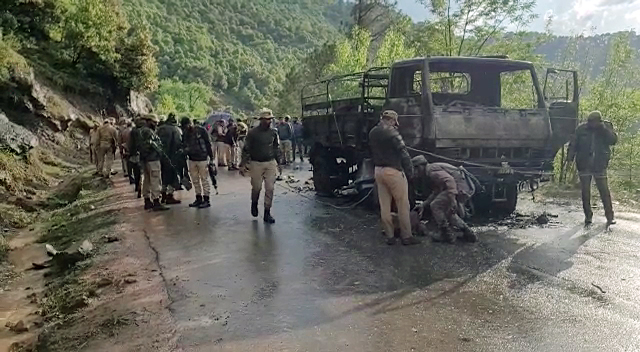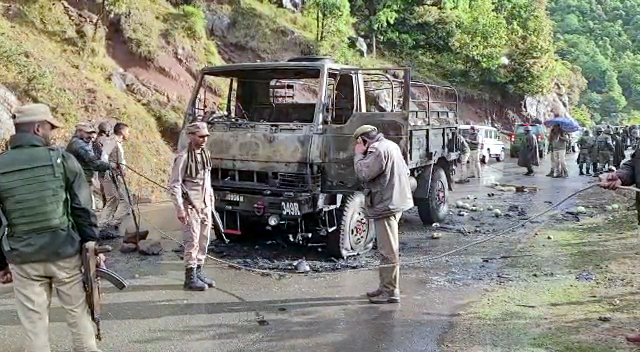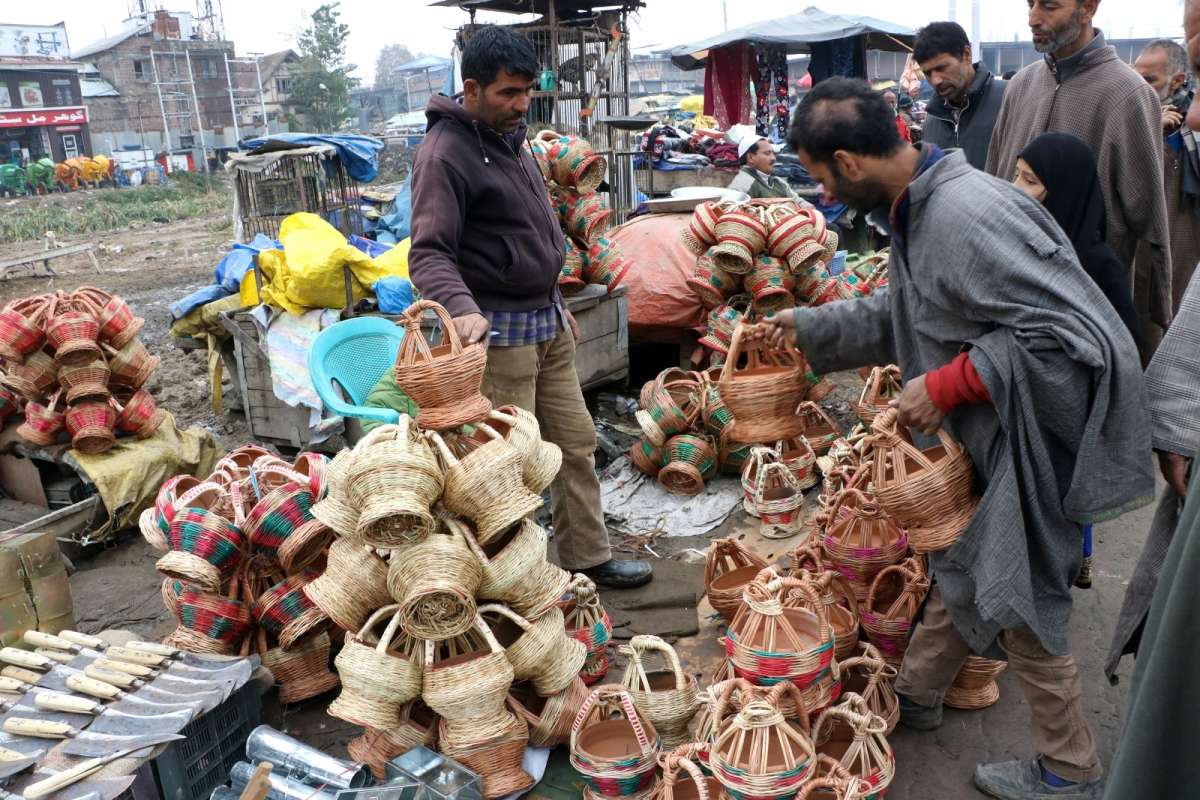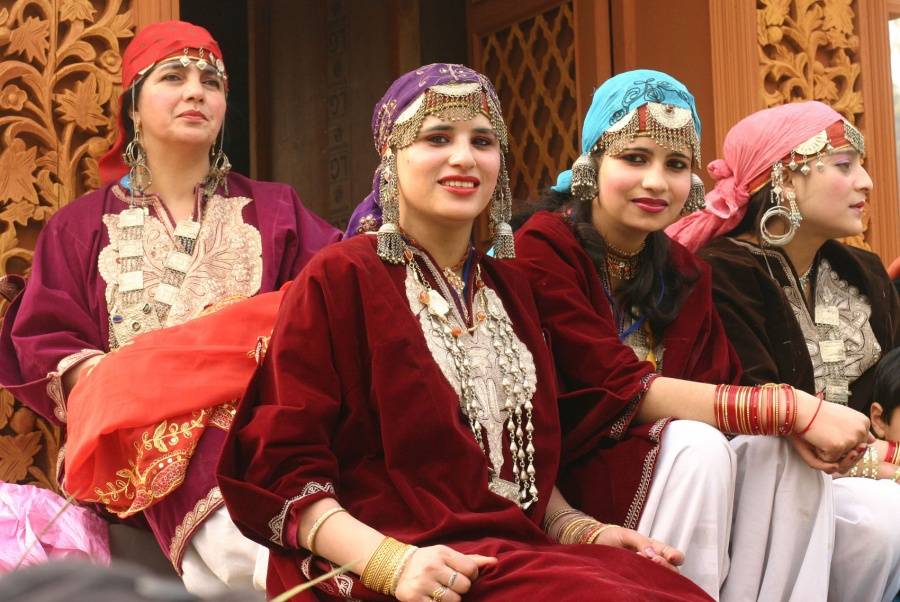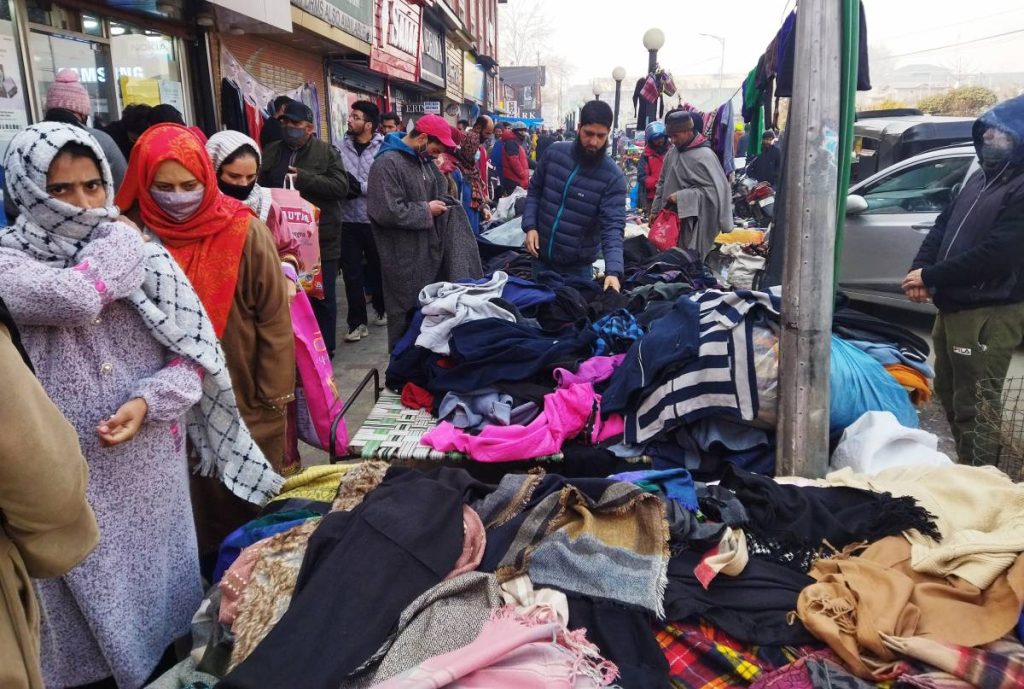The Jamaat’s tendency to define religion in distorted political contexts is the primary reason that youth have fallen prey to its propaganda, only to regret their decisions decades later, writes Dr. Shujaat Ali Quadri
The Ministry of Home extended the ban on Jamaat e Islami by five years. This was in recognition of the fact that that organization is synonymous with terrorism in Kashmir. The Jamaat was banned in 2019 as the government prepared its groundwork for abrogation of Article 370.
The Jamaat e Islami Kashmir was established in the early 1950s and over the decades the organization charted its own ideological path contrary to its parent organization that relocated to Pakistan. In doing so the Jamaat e Islami of Kashmir contradicted the principles of its parent body. Like any organization founded on long term institutional vision, the Jamat E Islami kashmir targeted the youth and middle classes through mass education campaigns.
Compared to Kashmir’s sufi establishment, the Jamaat’s missionary zeal empowered it to reach all corners of the valley in the name of establishing an Islamic society.
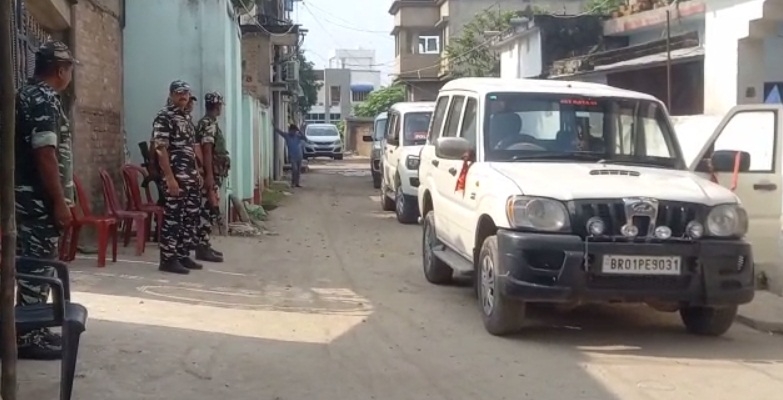
In 1960s and 1970s, when the then Congress leadership’s micromanaging of Kashmir affairs and the arrest of Sheikh Abdullah created a permanent leadership vacuum in the valley, the Jamaat got entrenched in Kashmir’s society and governmental apparatus.
Influenced by the upheavals in the Islamic world in the latter years of the Cold War, the Jamaat played a key role in the creation of Muslim United Front that contested the infamous elections of 1987. It is an open truth that elections were rigged by the Congress leadership and were followed by the beginning of armed insurgency by MUF Cadre. Later, an MUF leader Syed Salahuddin established the Hizb ul Mujahideen which eventually emerged as the most powerful militant outfit in the valley as it extensively drew from the Jamaat cadre.
Within the first few years of the insurgency, it became clear that armed violence was inadequate for the Jamaat to achieve its aims and its leaders founded another outfit, the All Parties Hurriyat Conference that carried the radical agenda with more sophistication.

Ideologues like Syed AIi Shah Geelani, who wrote extensively on the need for an Islamist society, simultaneously advocated Kashmir’s merger with Pakistan. In his book “Nava-e-Hurriyat”, he presented a wrong interpretation of Jammu and Kashmir’s accession to India. Geelani justified Pakistan’s invasion of Kashmir in 1947, terming it as a war of liberation. Geelani even led prayers for Osama bin Laden after he was killed by American forces in Pakistan. For decades, he remained the face of radical politics Kashmir, bringing the daily life in Kashmir to a standstill whenever he wished.
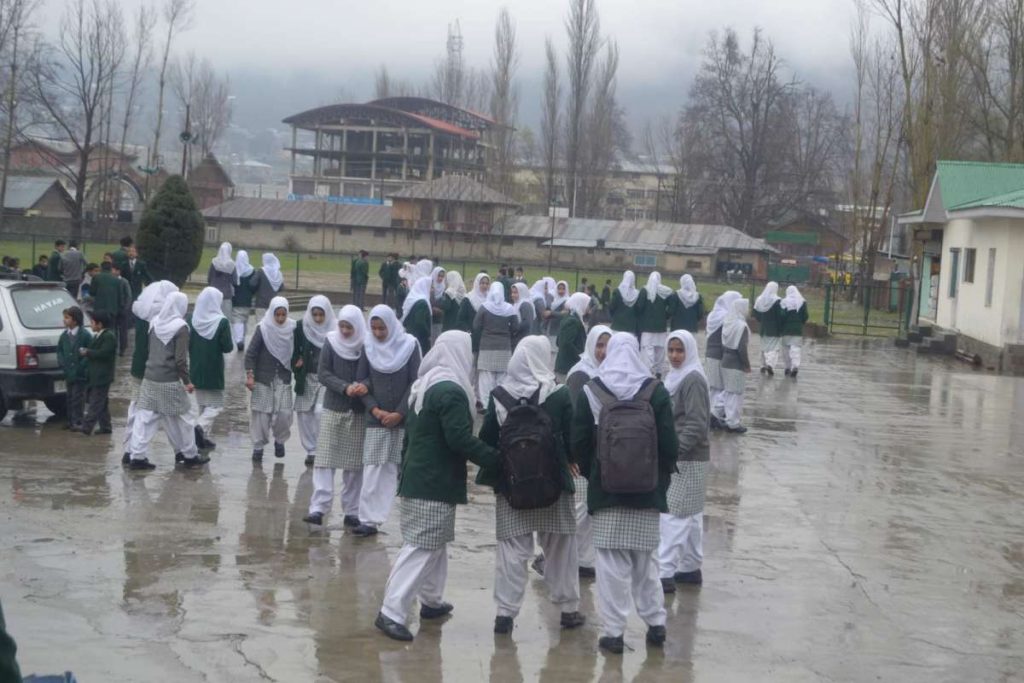
To conclude, in these three decades since the onset of insurgency, the Islamist agenda seeped so deep into the Kashmiri politics that it became synonymous with Kashmir’s body politic till the government finally decided to ban the Jamaat e Islami in 2019. In fact, it is not just Kashmir but the entire subcontinent that has suffered at the hands of the Jamaat. The Jamaat’s tendency to define religion in distorted political contexts is the primary reason that youth have fallen prey to its propaganda, only to regret their decisions decades later. Firstly, the Jamaat ideology alienates the muslim youth from their local Sufi traditions and instilled hatred against Sufism, and finally it antagonizes them to a point of no return.
(The Author is the Chairman of the Muslim Students Organisation of India)

